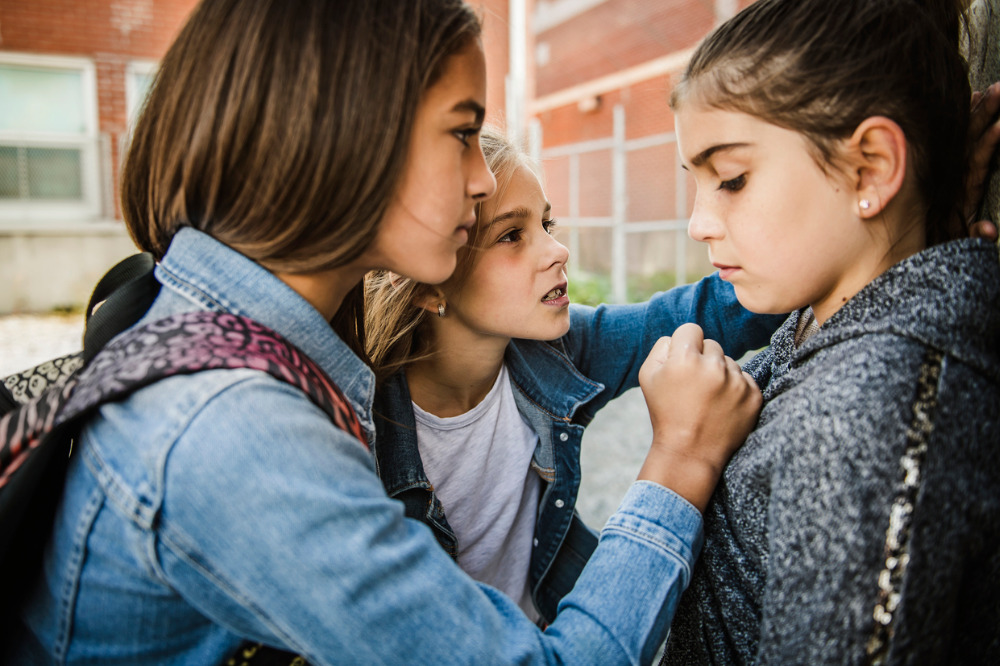
After two years of lockdowns and at-home learning, children are now back in the classroom. However, some parents are worried their children do not seem to be performing as well.
Our perceptions are important here, writes Brian Moore, a research psychologist from Charles Sturt University’s School of Education.
There have been many reports from parents who thought their children were coping well with at-home learning. However, after a phone call with teachers, it often becomes apparent that this was not the case.
‘School performance’ – what does this mean?
When we refer to ‘school performance’ are we thinking about behaviour, such as what your child is or appears to be doing, or demonstrated academic performance?
Many teachers were taking COVID-19-related factors into account in terms of academic assessment during COVID-19 lockdowns, so comparisons between at-home learning and being back in the classroom may not be especially valid. It is also early days to be making comparisons – how long have students actually been back in the classroom?
The research on children’s academic performance during COVID-19-related at-home learning is still emerging. However, while there are some differences between published studies most research points to negative outcomes. For example:
- It was frequently observed that motivation was an issue for school students
- Learning gaps and drops in academic performance have been consistently reported
- Younger students in schools were more negatively affected compared to older students
However, some studies did report slightly improved student performance which was often linked to technology access.
Whether a student is more suited to at-home learning or in-classroom learning can often be influenced by the specifics of that particular environment. For example, children with a more introverted personality may be better suited to at-home learning as there may be fewer distractions at home.
Classrooms are often dynamic environments that can be noisy and involve more social factors, although this should not be overstated. There are also plenty of distractions at home – Netflix is only a click away.
How can parents help their kids?
Parents should consider the evidence that suggests their child is not doing well academically. This can be done through observation and communication with your children. For example, consider what they are saying and doing around you. Are they asking for help? Do they seem stressed or worried about school work?
If you are concerned about their academic standing and how they are coping with allocated school work, talk with the school’s representatives, such as teachers and year advisors and reflect on their insights.
It is important to keep in mind that it is early in the school year so teachers may not have an abundance of information readily available with respect to your child’s academic performance.
Be cautious when you talk to your child about academic performance. It is important to be supportive at all times. Despite the best of intentions,what you deem as constructive support, might be interpreted by your child as an additional stressor. This can quickly lead to conflict in the home. And an instant move to remedial after-school tutoring is likely not the answer, although might help in some circumstances.
What strategies can parents use to support kids affected by bullying now that they are back in the classroom?
Bullying is always a difficult problem for parents, teachers and researchers.
Individual perceptions and definitions of bullying can often differ. For example, when children use the term bullying this does not always mean they are actually being bullied. The language around bullying is something children are often familiar with and use, but do not necessarily understand.
It is important to note that adversity is not something parents should always intervene in, despite our inclination to protect our children. Ask yourself the following sorts of questions:
Are your children coping with their experience of bullying?
Is intervention necessary?
These questions can be difficult to answer, and will likely vary with different parents and children, based on personality traits, past experiences and capacity to cope with similar situations.
Talking and especially listening to your children is really important in these circumstances. There is a large body of research on resilience that focuses on the importance of family relationships when it comes to our children’s ability to develop resilience. This does not mean you have to solve your children’s problems, particularly as it is unlikely you will be able to do so in every difficult circumstance. Being available for them is the critical factor.
It is important to note that there are circumstances when children need additional support beyond listening and being available, including when bullying needs to be addressed formally. In these instances, talking to the school about your concerns is the best place to start – particularly as the school may not even be aware of what is happening.
The original version of this article was published by Charles Sturt University


